Table of Content
▲To choosing the best CCTV camera for your house, learn about the many types and features available. Closed-circuit television (CCTV) cameras are a typical form of security camera used for surveillance in residences and commercial buildings. CCTV cameras record video and frequently send it to a predetermined place or object, like a security monitor or computer.
Where is CCTV used?
Homes, companies, and public spaces: all use CCTV to monitor security in order to deter and identify criminal and unauthorized activity. Traffic monitoring: There are cameras installed on roads and highways to help monitor the traffic . Retail stores: These are used in shopping malls where retailers can use it to prevent theft in the store, monitor store activities, and improve customer safety. Public transport: CCTV is used on buses, trains, flights etc. to monitor passenger safety. Banks: Banks use CCTV for security purposes. They are also used in ATM Bank transactions.Eye in the sky: The ultimate CCTV camera
CCTV cameras serve multiple purposes, including monitoring children and pets, as well as keeping track of people entering and exiting the premises. Certain CCTV cameras come with motion sensors that can activate alarms or send alerts when movement is detected in designated areas. Additionally, some cameras are equipped with night vision capabilities, enabling them to capture clear footage even in low-light conditions. To assist you in selecting the most suitable CCTV camera for your home, let's delve further into the various types and features available.Stay protected with top-rated CCTV cameras
There are several types of CCTV cameras, including:Dome cameras
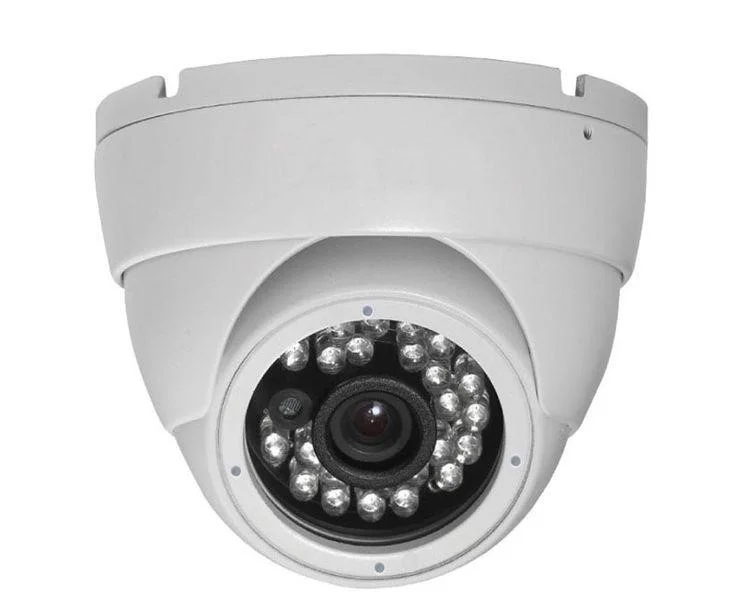 Buy Now: Dome cameras
Dome CCTV cameras are compact cameras that are typically mounted on ceilings and have a hemispherical dome-shaped housing. These cameras are commonly employed indoors to oversee activities and discourage criminal activities in places such as retail stores, banks, and hospitals. They are particularly suitable for monitoring indoor environments like retail establishments.
Buy Now: Dome cameras
Dome CCTV cameras are compact cameras that are typically mounted on ceilings and have a hemispherical dome-shaped housing. These cameras are commonly employed indoors to oversee activities and discourage criminal activities in places such as retail stores, banks, and hospitals. They are particularly suitable for monitoring indoor environments like retail establishments.
Bullet cameras
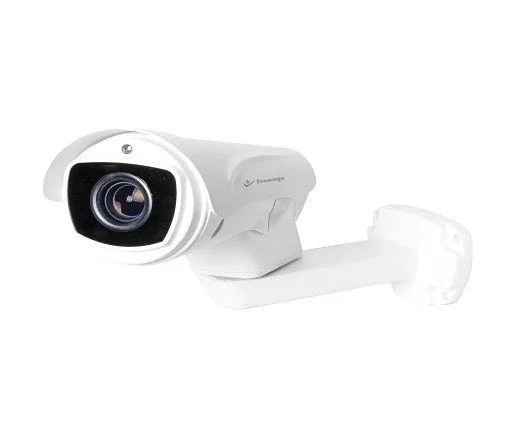 Bullet CCTV cameras are elongated, cylindrical cameras that are commonly employed for outdoor surveillance purposes. They can be easily mounted on walls or ceilings. These cameras are referred to as "bullet" cameras due to their resemblance to the shape of a bullet. They are equipped with weather-resistant housing, making them suitable for outdoor surveillance in diverse settings such as residences, commercial establishments, and public areas.
Bullet CCTV cameras are elongated, cylindrical cameras that are commonly employed for outdoor surveillance purposes. They can be easily mounted on walls or ceilings. These cameras are referred to as "bullet" cameras due to their resemblance to the shape of a bullet. They are equipped with weather-resistant housing, making them suitable for outdoor surveillance in diverse settings such as residences, commercial establishments, and public areas.
C-mount cameras
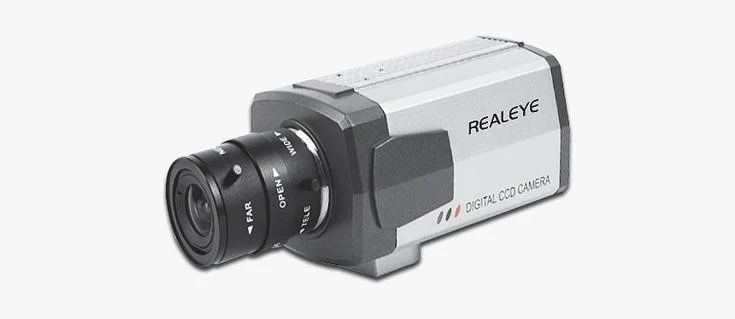 C-mount CCTV cameras feature a mount in the shape of a "C" that enables them to be coupled with a variety of lenses. These cameras are commonly employed in closed-circuit television (CCTV) systems, where a network of monitors or other display equipment is utilized to observe specific areas. C-mount cameras find utility in diverse applications beyond CCTV, including machine vision, scientific imaging, and video production.
C-mount CCTV cameras feature a mount in the shape of a "C" that enables them to be coupled with a variety of lenses. These cameras are commonly employed in closed-circuit television (CCTV) systems, where a network of monitors or other display equipment is utilized to observe specific areas. C-mount cameras find utility in diverse applications beyond CCTV, including machine vision, scientific imaging, and video production.
PTZ cameras
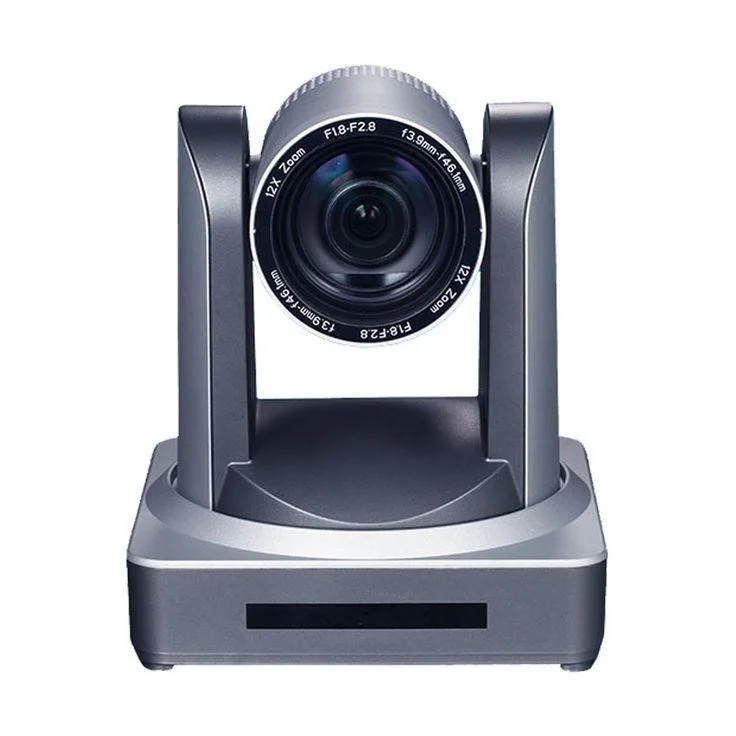 Pan-Tilt-Zoom (PTZ) cameras are video cameras equipped with the capability to move both horizontally (pan) and vertically (tilt), in addition to having zooming capabilities. These cameras are commonly deployed in expansive, open areas where an extensive field of view is essential. Typically affixed to a wall or ceiling, PTZ cameras can be remotely controlled and programmed to execute predefined movements or track specific objects or individuals. Certain PTZ cameras offer the option for manual control through devices like joysticks.
Pan-Tilt-Zoom (PTZ) cameras are video cameras equipped with the capability to move both horizontally (pan) and vertically (tilt), in addition to having zooming capabilities. These cameras are commonly deployed in expansive, open areas where an extensive field of view is essential. Typically affixed to a wall or ceiling, PTZ cameras can be remotely controlled and programmed to execute predefined movements or track specific objects or individuals. Certain PTZ cameras offer the option for manual control through devices like joysticks.
Hidden cameras
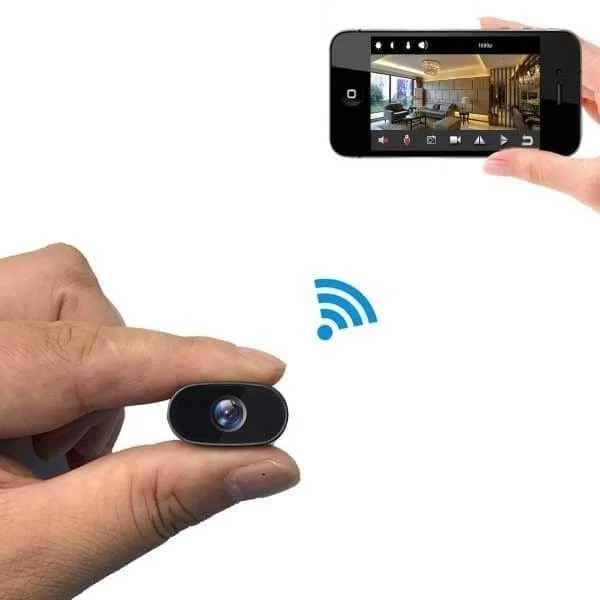 Concealed CCTV cameras, often referred to as covert cameras, are intentionally crafted to be inconspicuous and difficult to identify. These cameras serve multiple purposes, including surveillance, security, and monitoring. They find application in various settings, encompassing residences, commercial establishments, and public areas. Hidden cameras come in diverse forms, with some ingeniously camouflaged as ordinary items like clocks, smoke detectors, or potted plants. Additionally, certain concealed cameras are intentionally compact and unobtrusive, enabling them to be inconspicuously positioned in plain view.
Concealed CCTV cameras, often referred to as covert cameras, are intentionally crafted to be inconspicuous and difficult to identify. These cameras serve multiple purposes, including surveillance, security, and monitoring. They find application in various settings, encompassing residences, commercial establishments, and public areas. Hidden cameras come in diverse forms, with some ingeniously camouflaged as ordinary items like clocks, smoke detectors, or potted plants. Additionally, certain concealed cameras are intentionally compact and unobtrusive, enabling them to be inconspicuously positioned in plain view.
IP cameras
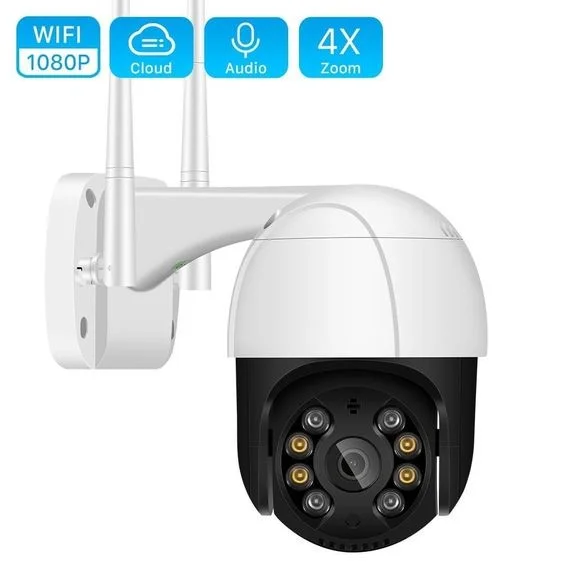 IP CCTV cameras are digital video cameras that employ the Internet Protocol (IP) for transmitting video data. These cameras are frequently employed for surveillance across various environments, including residential, commercial, and industrial contexts. IP cameras offer numerous advantages compared to traditional analogue CCTV cameras. These advantages encompass superior resolution, the capability to transmit video over extended distances, and the capacity for remote camera monitoring and control. Furthermore, IP cameras exhibit enhanced flexibility when it comes to installation and integration with additional systems, such as access control and alarm systems.
IP CCTV cameras are digital video cameras that employ the Internet Protocol (IP) for transmitting video data. These cameras are frequently employed for surveillance across various environments, including residential, commercial, and industrial contexts. IP cameras offer numerous advantages compared to traditional analogue CCTV cameras. These advantages encompass superior resolution, the capability to transmit video over extended distances, and the capacity for remote camera monitoring and control. Furthermore, IP cameras exhibit enhanced flexibility when it comes to installation and integration with additional systems, such as access control and alarm systems.
Secure your space with the best CCTV camera
Given the wide range of needs and preferences of homes, it is challenging to suggest a particular CCTV camera as the ideal choice for everyone. However, the following are some aspects you might want to take into account when looking for a CCTV camera for your home:- Resolution: Higher-resolution cameras will capture more detailed images, which can help identify people and objects in the footage.
- Night vision: If you want to monitor your home at night, look for a camera with good night vision capabilities.
- Field of view: Consider the camera’s field of view, which is the area it can capture. A wider field of view allows the camera to cover more of the surrounding area.
- Remote viewing: Many CCTV cameras come with apps that allow you to view live footage and recordings from your smartphone or tablet. It can be convenient to check in on your home while you are away.
- Storage: Make sure the camera has sufficient storage capacity or is compatible with a cloud storage service. You will want to be able to keep recordings for at least a few weeks in case you need to review them.
Best CCTV camera for home: Advantages
The finest CCTV camera for your home will rely on your individual requirements and financial constraints. Among the benefits of using CCTV cameras at home are:- Improved security: CCTV cameras can help deter burglaries and other crimes by providing a visual record of what is happening on your property.
- Remote monitoring: Many CCTV cameras come with smartphone apps that allow you to view live footage from your camera remotely. It can be especially useful for checking in on your home while you are away.
- Evidence collection: In case of a break-in or other crime, you can use CCTV footage as evidence to help identify the perpetrator.
- Peace of mind: Knowing that your home is being monitored can provide security and peace of mind.
Best CCTV camera for home: Disadvantages
Some potential disadvantages of CCTV cameras for home use include the following:- Cost: CCTV cameras can be expensive, especially if you are looking for a high-quality system with multiple cameras.
- Privacy concerns: Some people may be concerned about the privacy implications of having a CCTV camera in their homes.
- False alarms: If your CCTV system is triggered by false alarms (e.g. trees swaying in the wind), it can be annoying and may lead to you ignoring the alerts.
- Maintenance: CCTV cameras require regular maintenance to ensure that they function correctly. It can be a hassle, especially if you are not comfortable with technology.
FAQs
Q. What are the different types of CCTV cameras available for home use?
Several types of CCTV cameras are available for home use, including dome cameras, bullet cameras, and PTZ (pan, tilt and zoom) cameras.
[sp_wpcarousel id="9514"]
Also Read: 10 tips to reduce your home renovation cost
Q. What should I consider when buying a CCTV camera for my home?
When buying a CCTV camera for your home, some important factors include the camera's resolution, the field of view, night vision capabilities, and the type of mounting required. You should also consider the size and layout of your home and any specific security concerns you may have.
Q. How much does a CCTV camera for home use cost?
The cost of a CCTV camera for home use can vary widely, depending on the features and quality of the camera. Primary CCTV cameras range between Rs 7,500 and Rs 25,000, while more advanced cameras with additional features can cost more.
Q. How do I set up a CCTV camera for home use?
Setting up a CCTV camera for home use generally involves mounting the camera, connecting it to a power source, and configuring its settings. Many CCTV cameras also come with accompanying software that allows you to view and manage the camera's feed remotely.
Q. Is it legal to install a CCTV camera in my home?
In most cases, installing a CCTV camera in your home is legal. However, it is essential to check with your local laws and regulations, as some states or countries may have specific requirements or restrictions regarding the use of CCTV cameras.

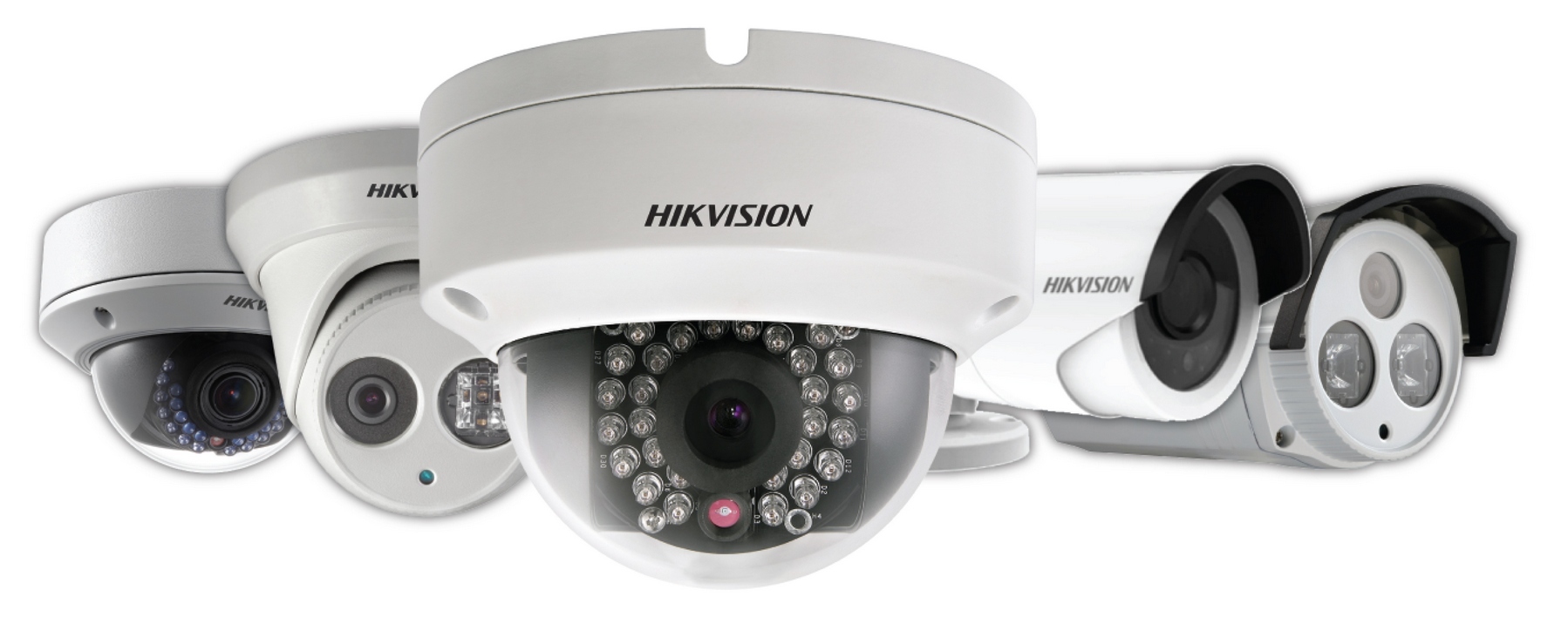




_1752219110.webp)


_1771582392.webp)
_1771577585.webp)